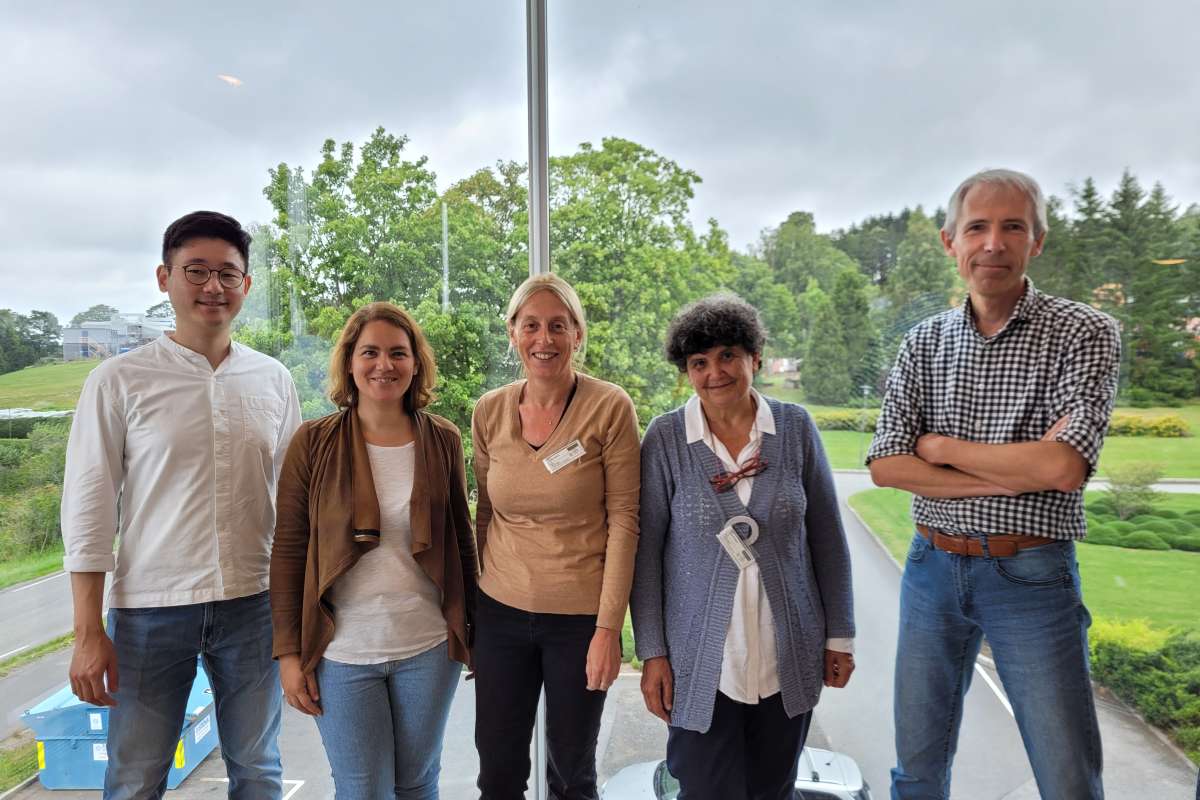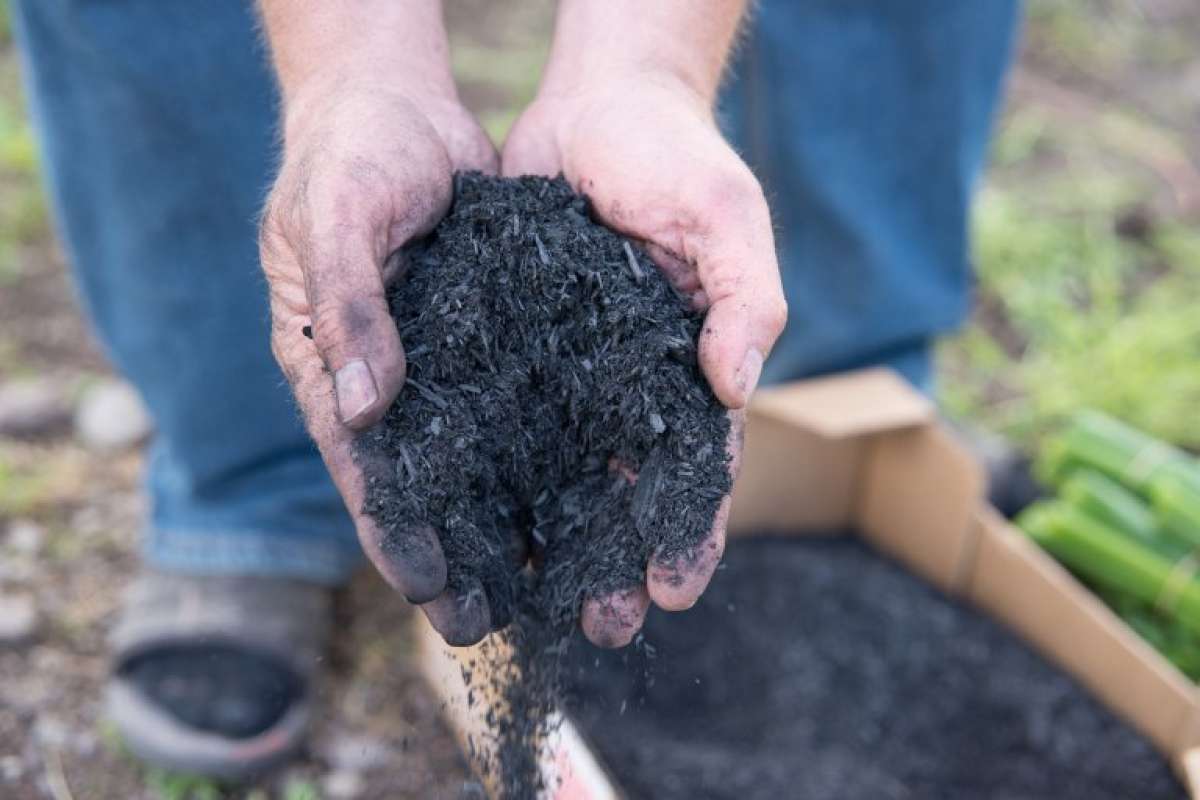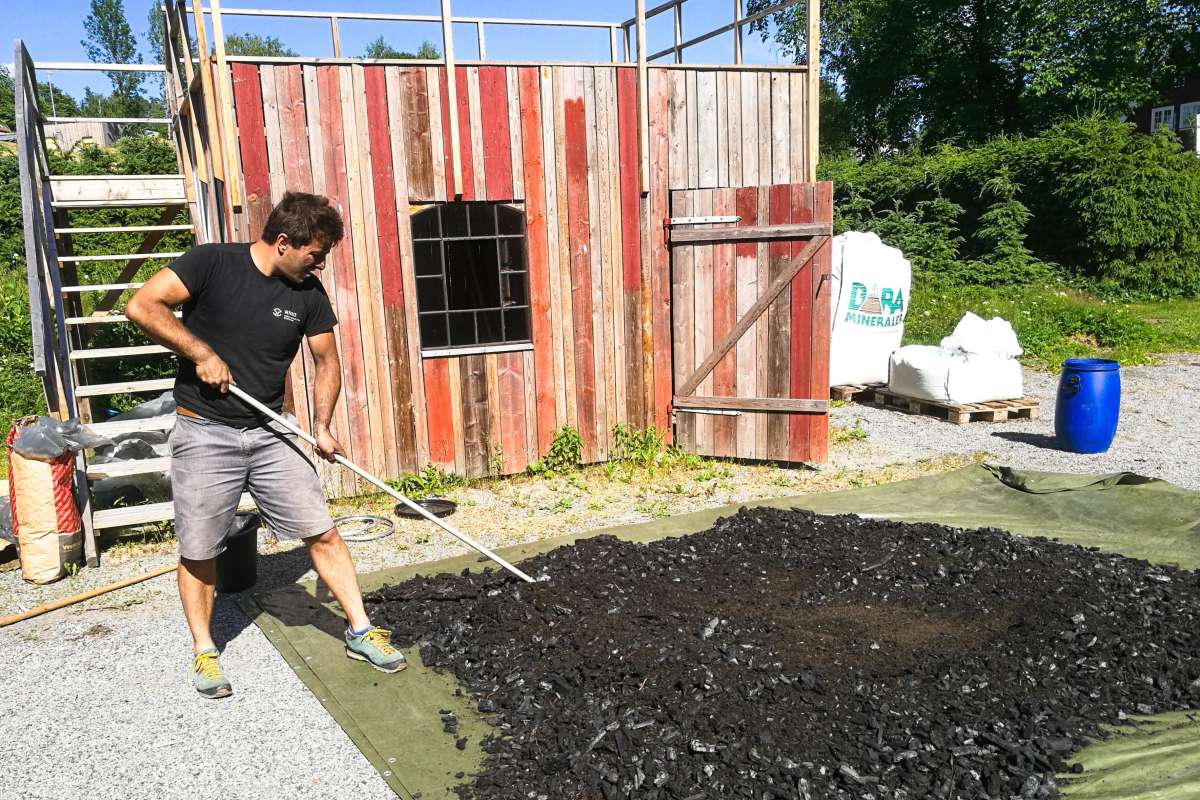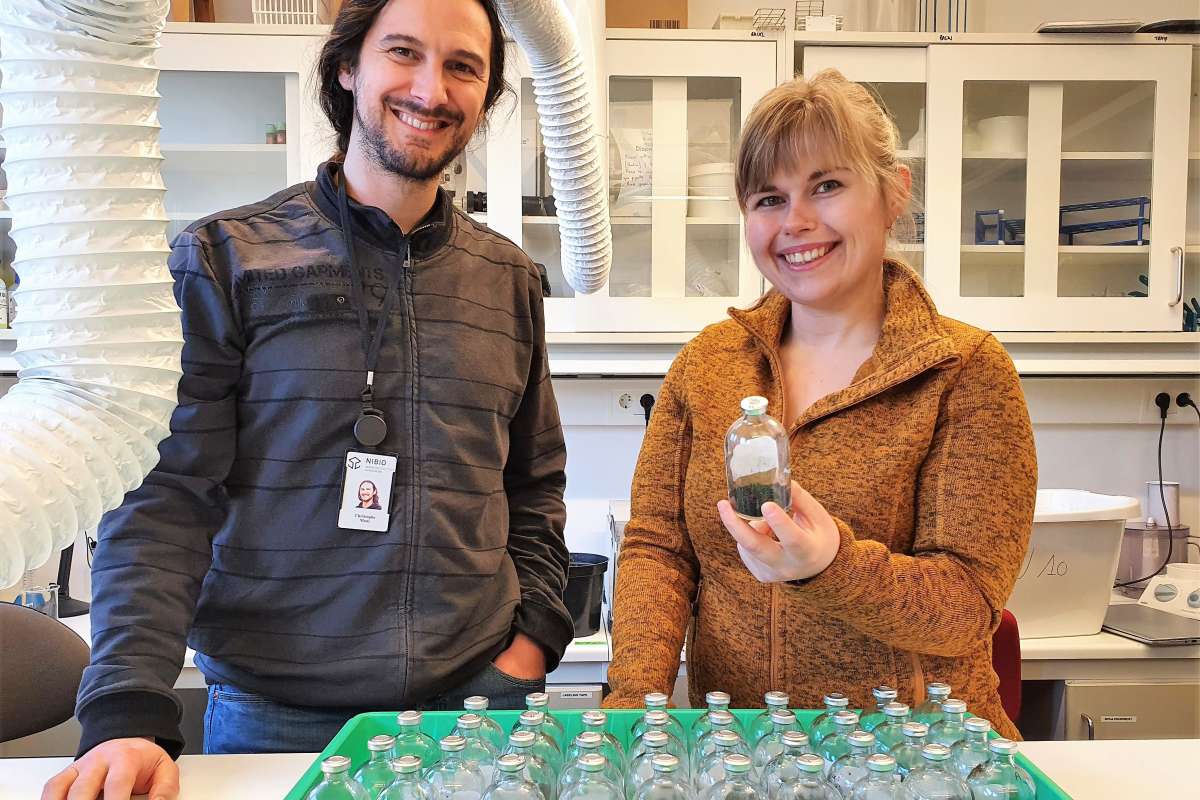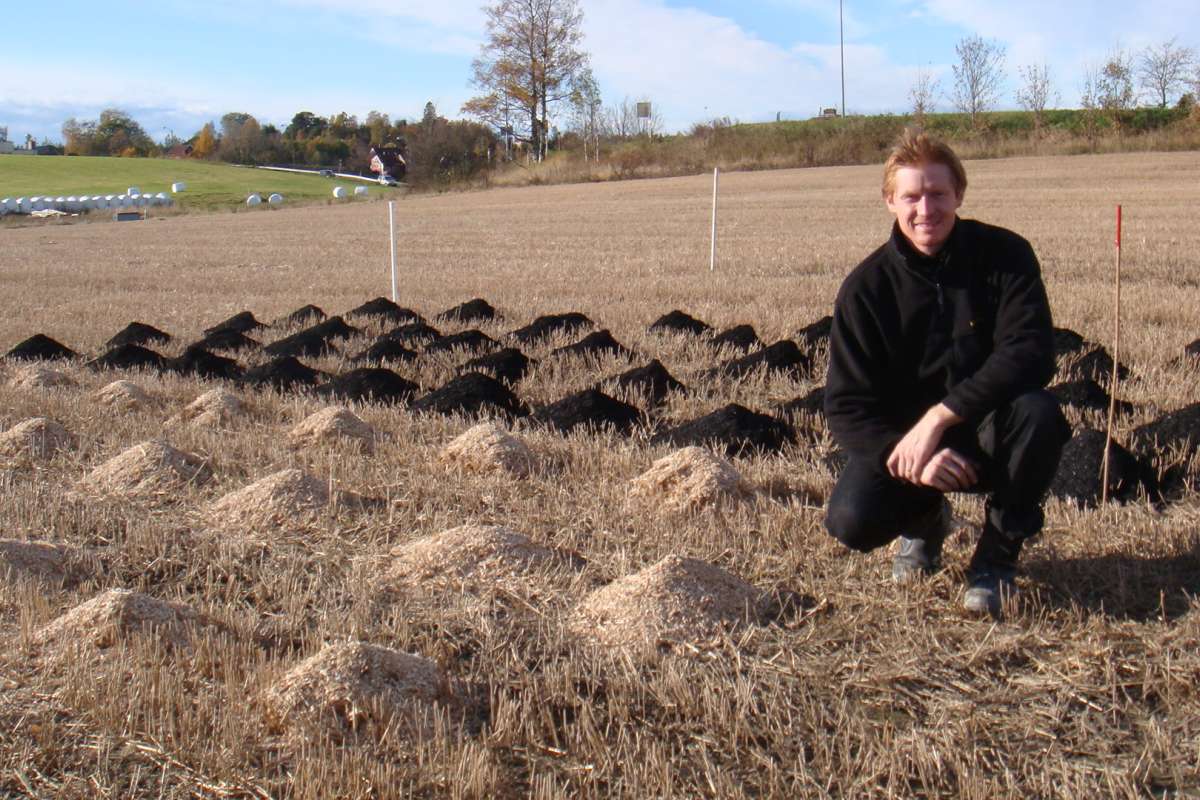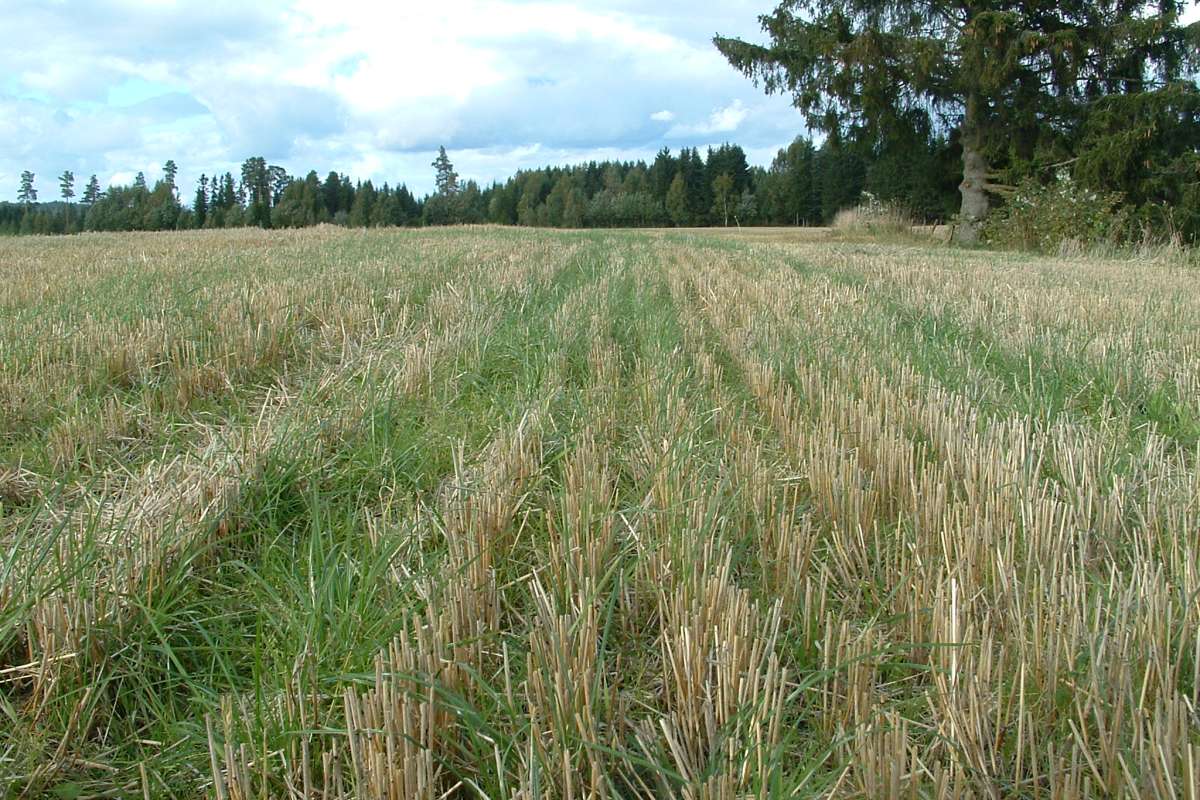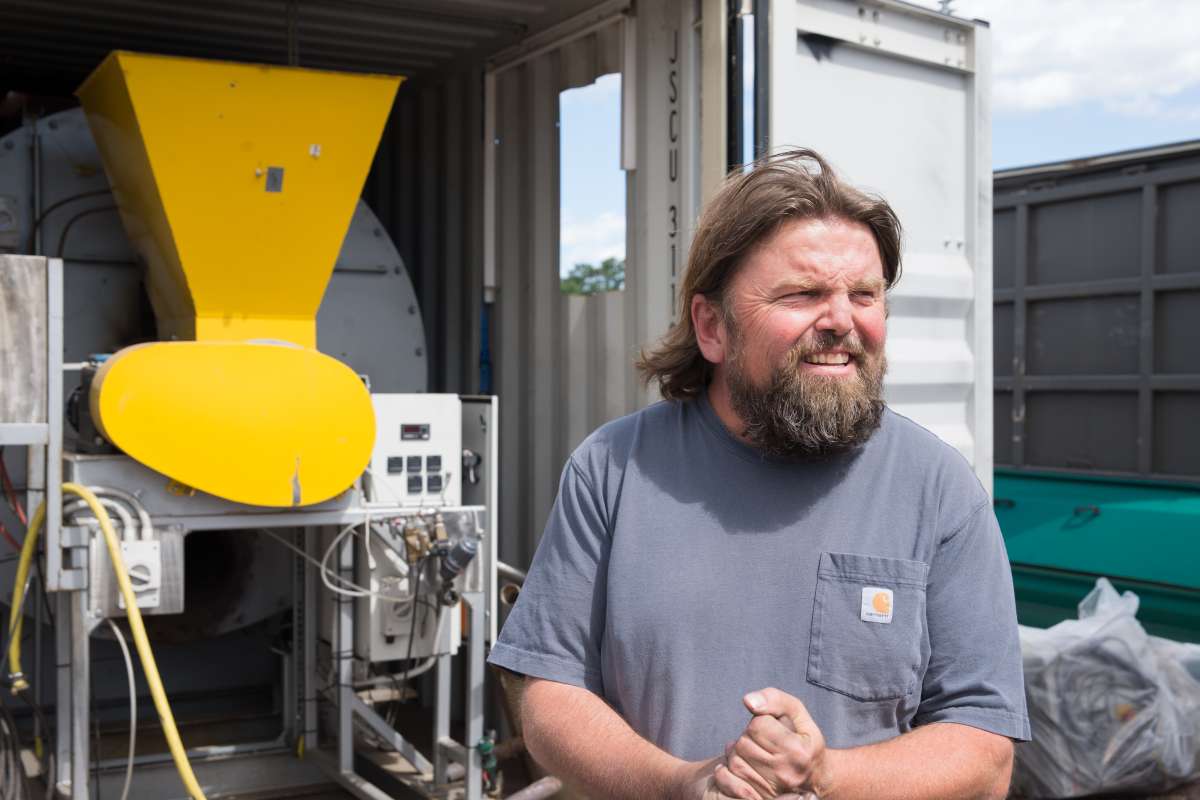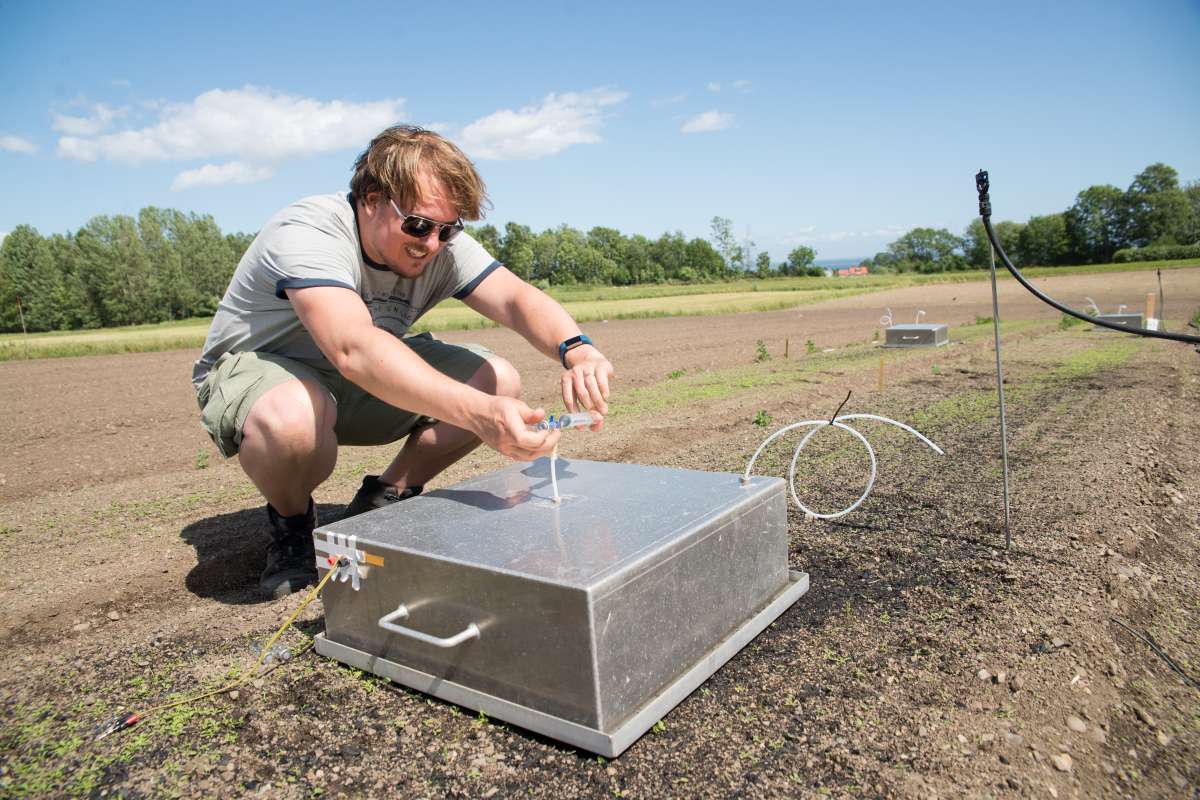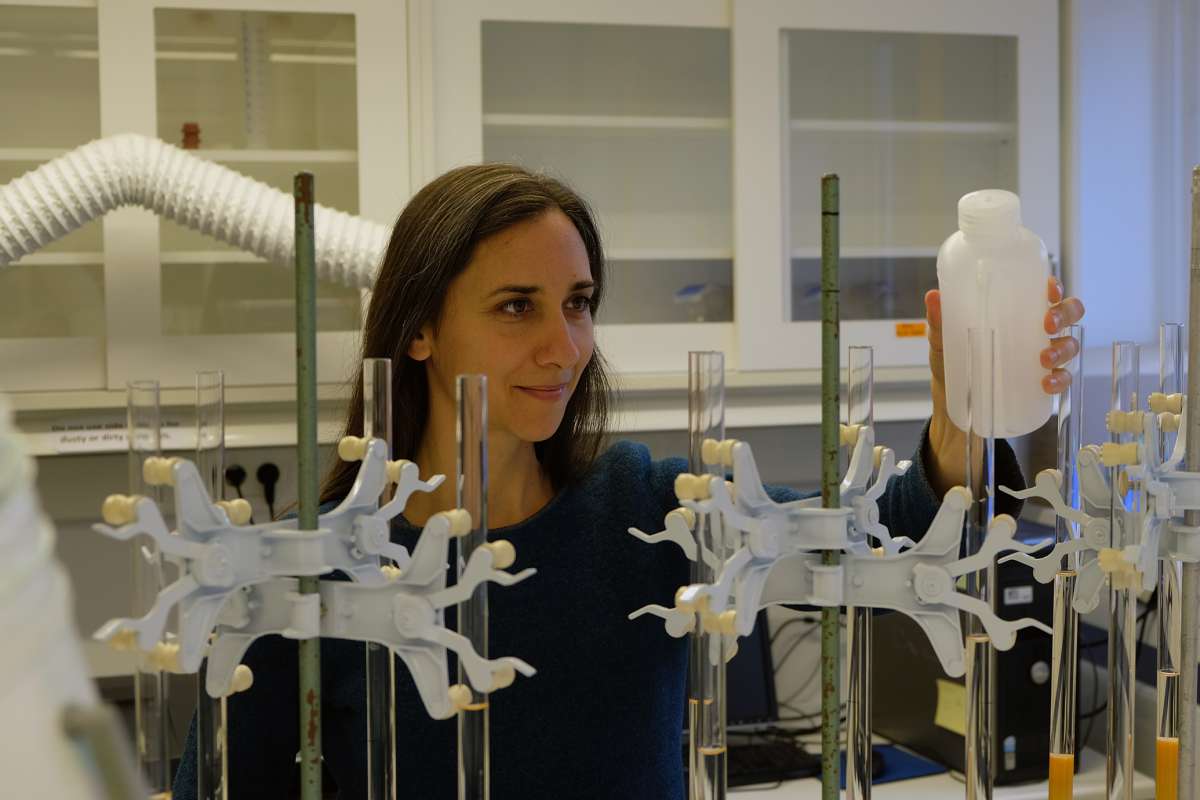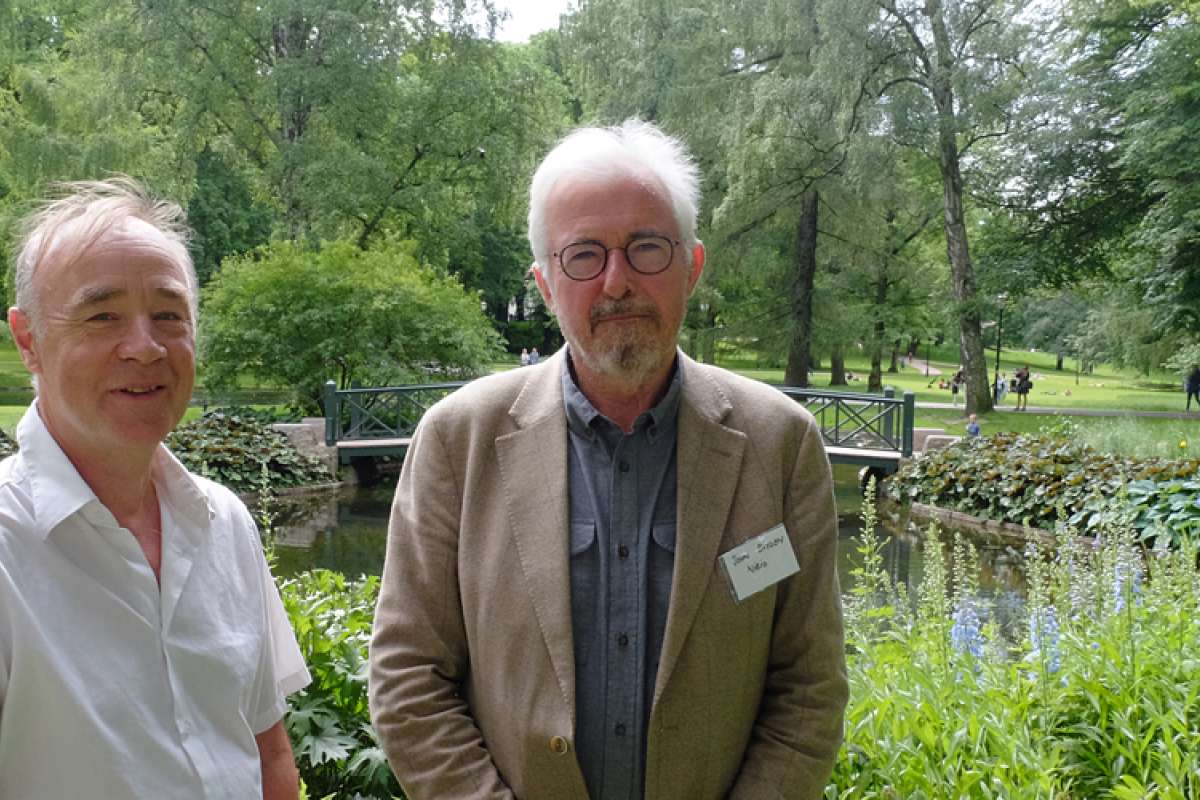Division of Environment and Natural Resources
CARBO-FERTIL : Implementing biochar-fertilizer solution in Norway for climate and food production benefits
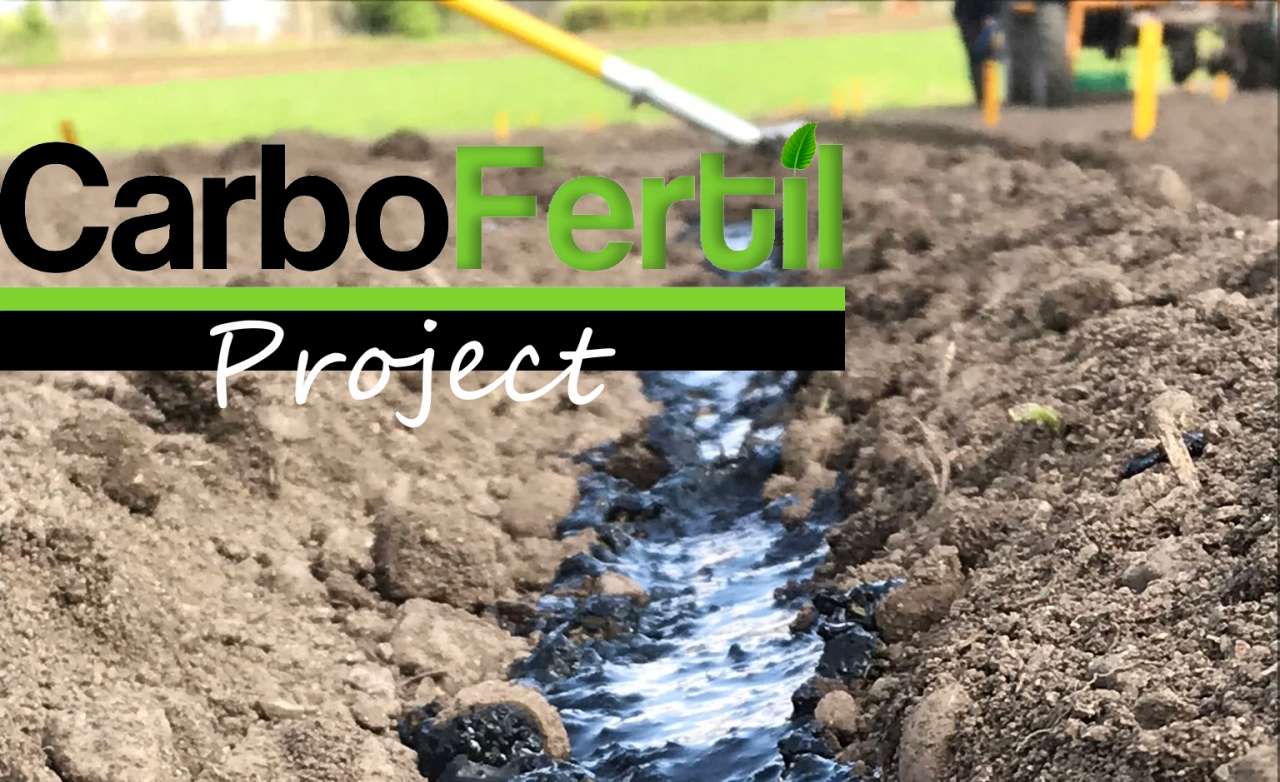
End: dec 2022
Start: mar 2018
Norway is strongly committed to the Paris Climate Agreement with an ambitious goal of 40% reduction in greenhouse gas emission by 2030. In this context, the land sector has the unique capacity to actively removing CO2 from the atmosphere through biological carbon storage in biomass and in soils.
Project participants
Alice Budai Adam Thomas O'Toole Rasmus Astrup Valborg Kvakkestad Anne Strøm Prestvik Øyvind Langørgen Per Carlsson Otavio CavalettNIBIO POP
Lettfattet infoark om biokull
IPCC document on biochar
Outlines a methodology for Tier 1 accounting of biochar in national GHG reporting
Links
Facebook project page Biokull - status for forskning og utprøving i Norge PLATON forklarer: hva er biokull? Biocool! Nyheter på biokull front i Norge 2019 New review article published from project (Tisserant and Cherubini, 2019)| Status | Concluded |
| Start - end date | 01.03.2018 - 31.12.2022 |
| Project manager | Daniel Rasse |
| Project manager at Nibio | Francesco Cherubini |
| Division | Division of Environment and Natural Resources |
| Department | Biogeochemistry and Soil Quality |
| Total budget | 20994000 |
| Funding source | Norwegian Research Council "Bionær" program. |
Soils are the largest reservoir of terrestrial carbon, and relatively small changes in soil carbon content can have an amplified mitigation effect on the Earth’s climate. Therefore, improved management of soils for carbon storage is receiving a lot of attention, notably through international initiatives. However, in Norway, many mitigation measures might negatively impact food production and economic activity. Therefore, there is a need for win-win solutions for soil carbon storage, which benefit both food production and climate mitigation. Large-scale conversion of agricultural and forest waste biomass to biochar is such an option, and is considered the activity with the largest potential for soil carbon sequestration in Norway. However, despite the convincing benefits of biochar as a climate mitigation solution, it has not yet advanced much beyond the research stage, notably because its effect on yield are too modest. In CARBO-FERTIL we will develop the innovations in pyrolysis and nutrient-rich waste recycling leading to biochar-fertilizer products as win-win solution for carbon-storage and food production. We will further evaluate this solution in terms of: 1) economic merit in the agricultural sector, 2) climate change mitigation benefits for Norway, through climate impact analysis, and 3) carbon reporting systems for Norway’s commitments to the Paris agreement. This ambitious analysis will be conducted in tight interactions with multiple stakeholders, resulting in accelerated process for reducing GHG emission in Norway with biochar technology, which is beneficial to industry, farmers and responds to the need of our national climate policy.
Featured project
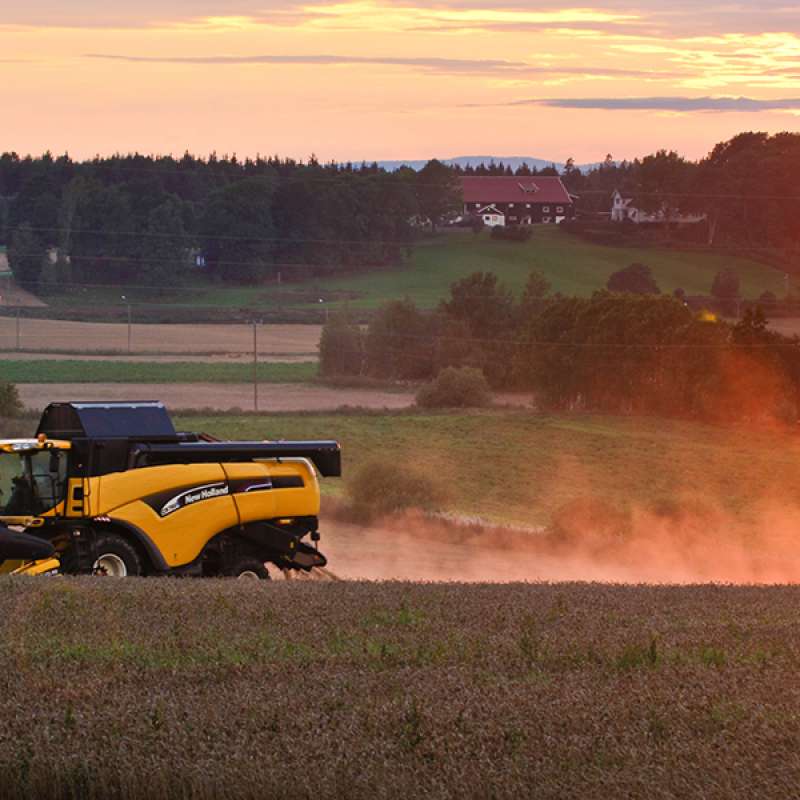
Division of Forest and Forest Resources
PLATON - Et samfunnsfaglig klimaforskningsprosjekt
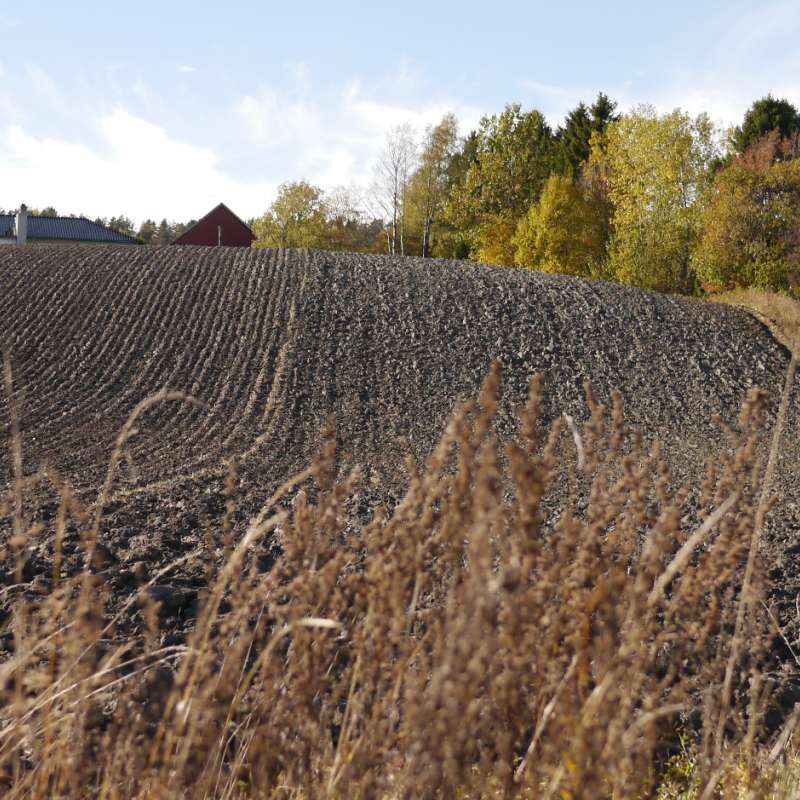
Division of Environment and Natural Resources
European Joint Programme on Soil
European Joint Progamme on Soil:
Mot klimasmart og bærekraftig jordforvaltning i EU/EØS-land
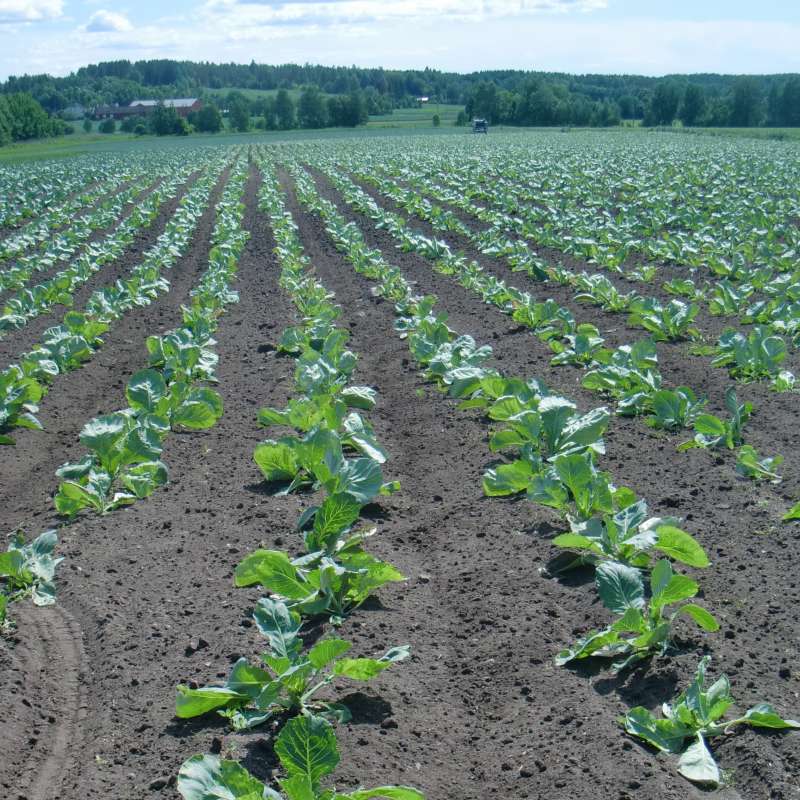
Division of Biotechnology and Plant Health
LowImpact - ChiNor solutions for Low Impact climate smart vegetable production with reduced pesticide residues in food, soil and water resources
Biochar technologies show promise as tools for climate smart and environmentally friendly agricultural production, both as tools to improve soil quality and impact greenhouse gas emission from soils and to reduce pesticide pollution to the environment and pesticide residues in food. However, there is a lack of studies integrating these concerns and designing joint solutions.
Publications in the project
Abstract
Norway is strongly committed to the Paris Climate Agreement with an ambitious goal of 40% reduction in greenhouse gas emission by 2030. The land sector, including agriculture and forestry, must critically contribute to this national target. Beyond emission reduction, the land sector has the unique capacity to actively removing CO2 from the atmosphere through biological carbon storage in biomass and in soils. Soils are the largest reservoir of terrestrial carbon, and relatively small changes in soil carbon content can have an amplified mitigation effect on the Earth’s climate. Therefore, improved management of soils for carbon storage is receiving a lot of attention, for example through international political initiatives such as the “4-permill” initiative. However, in Norway, many mitigation measures targeting soil carbon might negatively impact food production and economic activity. For example, soil carbon storage can be increased by shifting from cereal crop production to grasslands, but Norway already has abundant grassland and a comparatively small area dedicated to cereals. Another such issue is cultivation on drained peatland, where food is produced at the expense of large losses of soil carbon as CO2 to the atmosphere. Therefore, there is a need to look for win-win solutions for soil carbon storage, which benefit both food production and climate mitigation. Large-scale conversion of agricultural and forest waste biomass to biochar is such an option, and is considered the activity with the largest potential for soil carbon sequestration in Norway. Biochar has been demonstrated to have a mean residence time exceeding 100 years in Norwegian field conditions (Rasse et al, 2017), and no negative effects on plant and soils has been observed. However, despite the convincing benefits of biochar as a climate mitigation solution, it has not yet advanced much beyond the research stage, notably because its effect on yield are too modest. Here, we will first present the comparative advantage of biochar technology as compared to traditional agronomy methods for large-scale C storage in Norwegian agricultural soils. We will further discuss the need for developing innovations in pyrolysis and nutrient-rich waste recycling leading to biochar-fertilizer products as win-win solution for carbon storage and food production.
Authors
Daniel RasseAbstract
No abstract has been registered
Authors
Daniel RasseAbstract
No abstract has been registered
Abstract
No abstract has been registered
Abstract
No abstract has been registered
Abstract
No abstract has been registered

